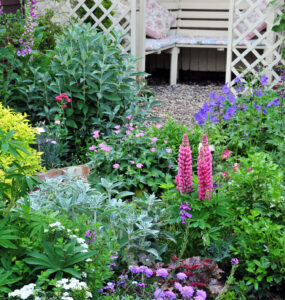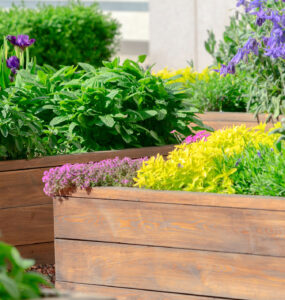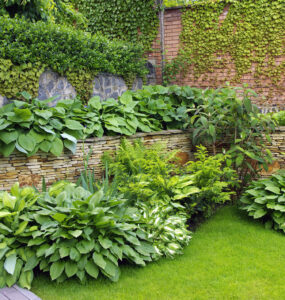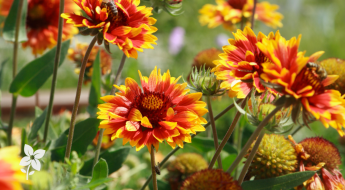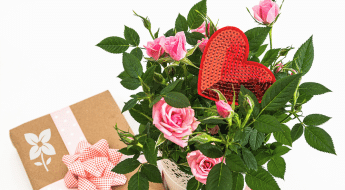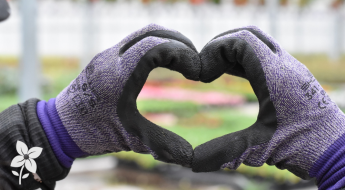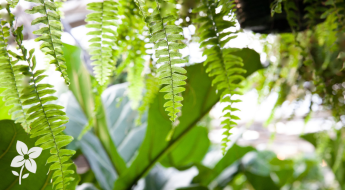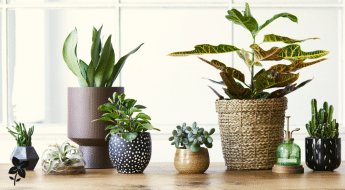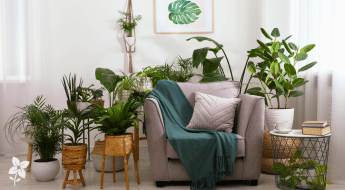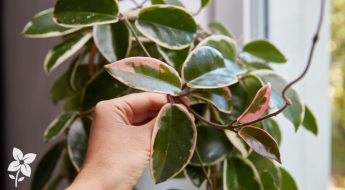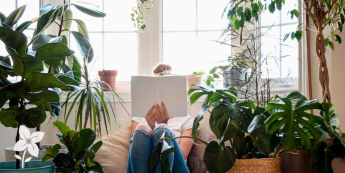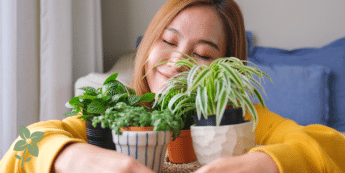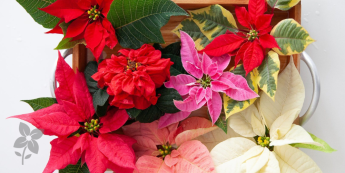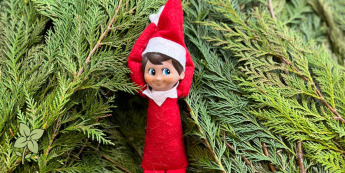Edmonton Zoo Enrichment Garden:
by Rob Sproule
*** for photos look us up on Facebook***
Edible gardening isn’t just about humans, anymore. Just as we get more vitamins, nutrients, and downright satisfaction out of home-grown food, so do animals of all shapes and sizes.
This spring, I began working with the Edmonton Valley Zoo, and most notably Barbara Chapman, to build an Enrichment Garden for the animals. Salisbury Greenhouse partnered with Shignaski Construction and the Edmonton Valley Zoo Development Society to bring it all together.
After a banner growing year, the results have been amazing. Keepers from across the Zoo are harvesting constantly and, as I saw first hand, the plants are going to very good use.
What is Enrichment?
When I first started this project, I thought that the definition of enrichment was limited to growing edible plants so that animals that would be healthier for animals.
I was only partially right. Enrichment is about enhancing the as many aspects of the animals’ lives as possible. The goal is to improve their physical and psychological health by getting them to interact with nutritious and or stimulating materials.
Close Encounters
Recently, the staff at the Zoo invited myself and photographer Megan Hahn in for a behind the scenes look at how the animals engaged with the plants. With Barbara and a series of dedicated Zoo Keepers and Supervisors as our guides, we went from enclosure to enclosure and were amazed at what we saw.
We started with the ring-tailed lemurs. They scampered over to us and greedily devoured bits corn cob pieces, clutching them deftly with both hands as they jostled with each other for the best bits. The red lemurs were more assertive, climbing up our legs and grabbing at the camera in their search for snacks.
The North America porcupines, appropriately named “Pins” and “Needles”, were considerably more mellow. Normally big fans of the fresh strawberries and pansy flowers, they preferred to lay in the shade through the afternoon heat.
Next on the tour was Pip, an endangered red panda which the Zoo cares for as part of the Species Survival Plan. Pip started out shy but, once presented with fresh apples, threw timidity to the wind and munched happily, holding the fruit in her snow-show paws and an unforgettable teddy-bear face.
The Zoo Keeper, Greg Lalonde, beamed with pride as he introduced Newton, a very rare New Zealand Kea, a type of parrot. Still a youngster, Newton is the first Kea to ever hatch successfully in captivity in Canada. He’s a sucker for texture, rolling in fountain grass plumes and rubbing his body against fuzzy Lamb’s ear.
The next animal we visited needs no introduction. Lucy the Elephant is iconic at the Zoo for her gentle manner and artistic talent. Lucy lovers sweets, but with her old age and fragile system she’s not allowed to have them anymore. We planted a pot of Stevia, a 0-calorie sugar substitute, in the garden just for her. I felt a lump in my throat as she hungrily ate a handful of it, finally able once again to eat the sweet treats she loves.
As we moved on to the carnivores, I began to understand how “enrichment” means so much more than food. When we talked into the Amur (Siberian) Tiger enclosure, with only a steel fence between us, my heart quickened. I was standing a few feet away from the largest cats in the world, cats I had been fascinated with as a child and who looked at me like a tenderloin fresh off the barbeque.
When Zoo Keeper Robin Kunimoto gave them Enrichment Garden-grown pumpkins, they turned into kittens again, running around the enclosure and leaping them. With the squash held helplessly in their paws, they stretched their mouths around it and happily tore it to shreds as they played.
The last stop were Shilah and Kayok, the Arctic wolves. Supervisor Wade Krasnow rubbed lavender leaves on a rock and they happily rubbed themselves in it to disguise their scent.

